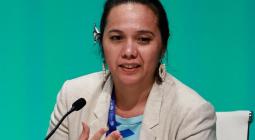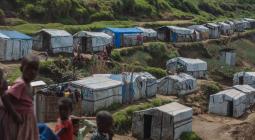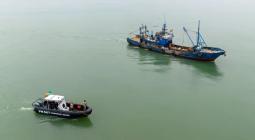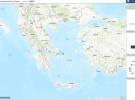France and the EU pledge $50 million for ecosystem management in Congo at COP28:
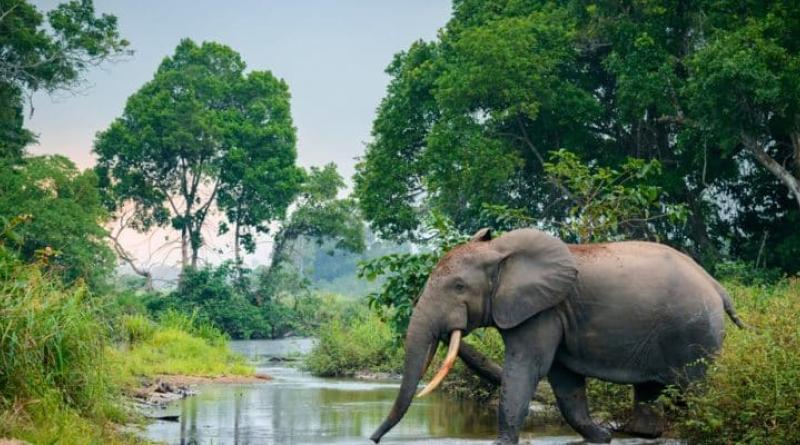
While the Three Basins Summit in Brazzaville ended without any major announcements last October, the Congo is delighted that France, the European Union (EU) and other development partners committed to the sustainable management of ecosystems have pledged a further $50 billion at COP28.
There is one piece of good news after another for the countries of Central Africa at the 28th United Nations Conference of the Parties on Climate Change (COP28). France and the European Union (EU), the Bezos Earth Fund and a Country Package seed fund are joining forces to mobilise $50 billion to protect biodiversity in the Congo. The announcement follows the presentation in Dubai of the Congolese national vision for safeguarding ecosystems.
“The Republic of Congo has made efforts in terms of the sustainable management of forest ecosystems through the systematic application of the principle of low-impact logging in its concessions, the allocation of 20% of forest areas and, more recently, the creation of three new marine protected areas, increasing the protected marine areas from 1% to 12% of its territory”, sums up the French Ministry of Europe and Foreign Affairs.
It is these progressive and concrete efforts that are motivating the donors to launch their initiative, bearing in mind that two-thirds of this country of 5.8 million inhabitants is covered by forests “with low levels of deforestation, which is an asset for capturing CO2 in the Congo Basin”, point out the international partners. They add that all these investments aimed at preserving the forests, peat bogs and mangroves in Denis Sassou N’Guesso’s country will have a positive impact in the fight against global warming.
How will the $50 million be used?
The $50 million pledged will be divided into four areas, the first of which involves building the scientific research capacity of local researchers such as botanists, zoologists and geologists. The second is to finance the extension of the network of protected and conserved areas, with the aim of achieving 30% protection of land and sea by 2030, while at the same time promoting community development. Other areas of future European, French and American intervention in the Congo will support the implementation of the National Afforestation and Reforestation Programme.
The main aim of this programme is to plant one million trees throughout the country, while at the same time empowering communities by promoting sustainable crafts. It should be noted that the new financial instrument announced at COP28 will also include the Wildlife Conservation Society (WCS) based in the United States of America, the World Wildlife Fund (WWF) represented in Brazzaville by Patrick Boundja, and the French environmental association Noé, who will be pooling their technical expertise.


